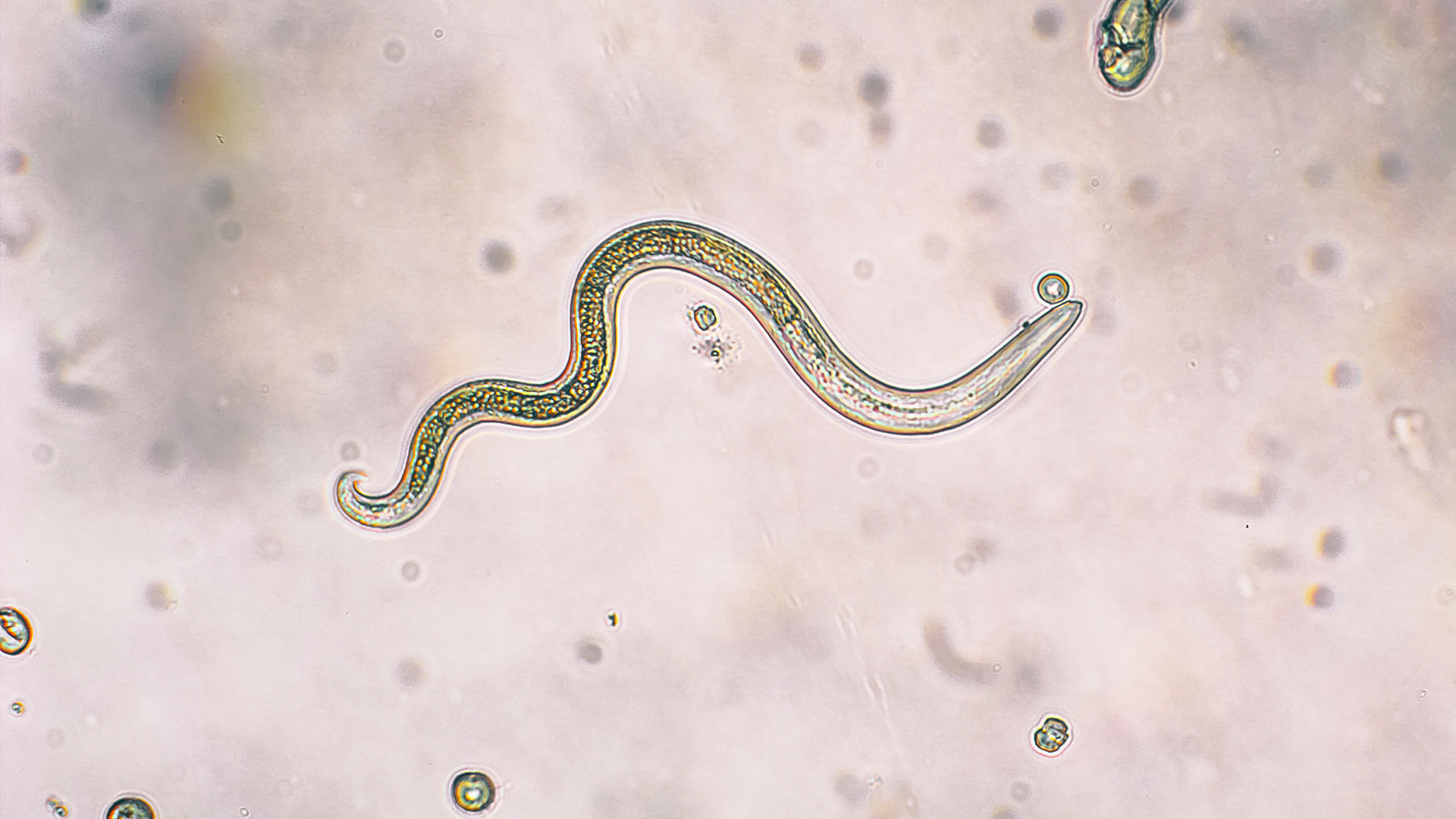Scientists suggest sexism, nepotism and cronyism is rife when it comes to naming new species of blood-sucking parasitic creatures.

Parasitic worms have been sucked into the gender bias row after a report claimed the naming of these creatures was sexist.
Parasitologist Robert Poulin and a team of scientists scoured studies in eight journals published between 2000 and 2020. Approximately 2,900 species were discovered during this period – with over 200 in 2007 alone.
Of the 596 species named after eminent scientists, only 19% (111) recognised women, according to the experts from the University of Otago in New Zealand. Of the 71 scientists honoured in the Latin names of two or more species, only eight were women and eight scientists, who lent their names to six or more species were men.
“We found a consistent gender bias among species named after eminent scientists, with male scientists being immortalised disproportionately more frequently than female scientists,” said the study, published in the journal Proceedings of the Royal Society B.
It said that the gender bias had shown “no evidence of improving over time in the past two decades”.They also cited a problem with “etymological nepotism and cronyism” in the naming of parasitic worms.
The report noted a “tendency for taxonomists to name new species after a family member or close friend has increased over the past two decades”. And it warned that scientists may also regret naming species after celebrities who might later “fall from grace”.